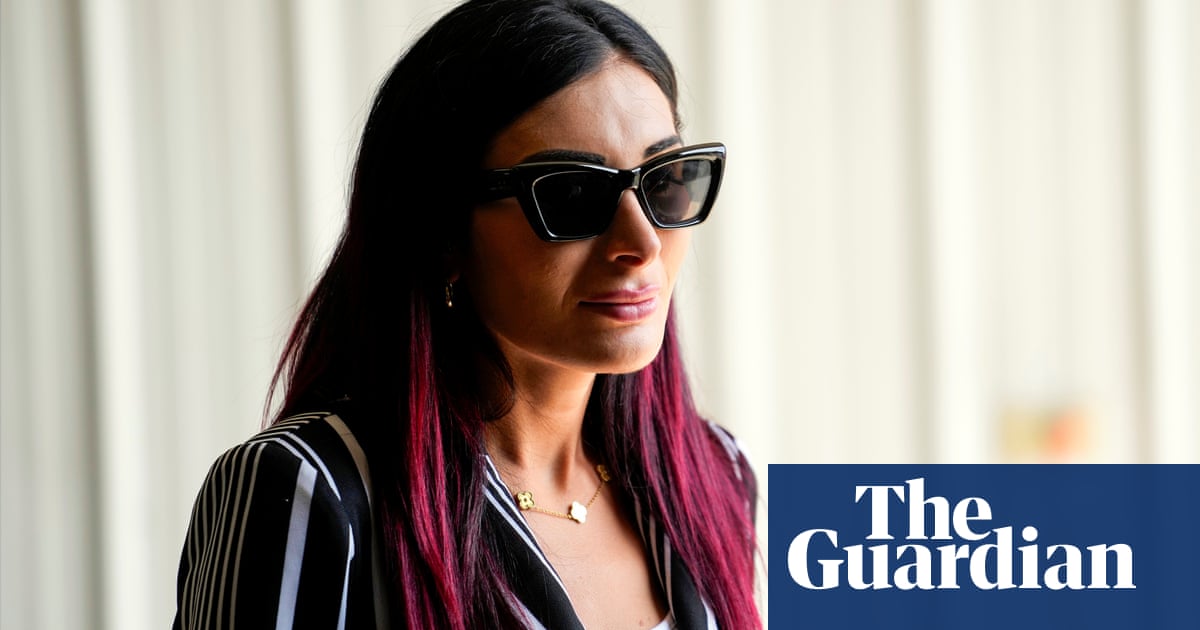
For Los Angeles-based Armenag Bedrossian, the recent seismic changes in Syria that have seen the overthrow of the Assad regime are to be cautiously welcomed.
Over the past 13 years, the Armenian Catholic priest from Hasakah in north-east Syria has watched on as family members were kidnapped and killed by Isis during the country’s brutal war.
“For the first few days [after the fall of Assad last month], Christians in Syria were happy. But then there was a lot of looting of Christian homes and theft,” he says.
“Maybe it is because there is no police now, there is even no army, maybe that’s why it’s happening. But why is it happening just from Christian households?”
The end of more than 50 years of Assad family rule has been almost universally welcomed around the world. Bashar al-Assad, who fled to Moscow on 8 December, oversaw the violent repression of anti-government protests in 2011 that morphed into a brutal war that fueled the rise of Isis and the largest refugee crisis since the second world war.
But some saw Assad’s regime as a bulwark against violent Islamic extremism, and today many Syrian American Christians from Maronite, Chaldean, Greek Orthodox and a host of other churches are watching on with concern.
Video footage that emerged in December of Islamist fighters allegedly from Uzbekistan burning a Christmas tree in Suqaylabiyah in north-west Syria have fueled protests by hundreds of Christian Syrians in the capital, Damascus, and concern in the US from people such as Father Bedrossian.
During Syria’s war, Christian civilians and their leaders were targeted numerous times by opponents of the Assad regime and jihadists.
In 2013, the well-known Italian priest and peace activist Paolo Dall’Oglio disappeared in Isis-held Raqqa, while a year later a Dutch priest was shot dead in Homs. Two Syrian bishops were kidnapped by militants outside Aleppo in 2013 and are still missing.
Under the leadership of the head of the current Syrian interim authority, Ahmed al-Sharaa, the Nusra Front, a precursor of Hayat Tahrir al-Sham, kidnapped 13 nuns and orphanage workers from the Christian-majority town of Maaloula in 2013, an incident Father Bedrossian says is still etched in the memories of many. The nuns were released unharmed after being held for more than three months.
But others say that life under Assad was worse, and that Christians were held hostage by the regime. Assad’s militias also regularly targeted Christian places of worship during the conflict.
“As a Christian under Assad, I was a second-class citizen,” says Hind Kabawat, a prominent Syrian Christian activist and director of an interfaith peacebuilding program at George Mason University in Virginia.
“The constitution meant that Christians could not be president in Syria. Now we need to have a constitution that includes everybody.”
Kabawat, who was recently in Damascus for the first time in 14 years, says she was greeted by locals wearing Santa suits, suggesting that religious rights are being respected under the country’s new interim leadership.
“The bars were open; I went to the churches,” she says. “Everything was as normal. I didn’t see anything to be worried about.”
Visiting the majority-Christian village of Safita situated west of Homs, she says some locals were concerned for their safety. “There is some worry … but people are still going to university in Homs. Everything is OK.”
She says the challenge now is to create an inclusive government.
“We are in good shape so far, but always in the case of a transitional government, we need to ask questions, to have a proper election.”
For Ghias Moussa, a cardiologist in New Jersey who moved to the US from Damascus in the 1980s, “everything that takes dictatorship out is good”.
“But we don’t want to get rid of a dictator and get somebody that turns out to be a dictator from the other [conservative Islamist] side.”
Although his nephew was killed by Islamic extremists during the war, he says he doesn’t hold ill feelings towards elements of the former Syrian opposition.
“No dictatorship should be applied in Syria now that we have the opportunity to have a system that can cover everybody,” he says. “There are extremists on every side but there are intelligent people who try to get the good out of people and eventually it will happen.”
He says he hasn’t traveled to Syria for years due to the conflict but would now like to do so.
Christians such as Moussa make up a significant part of the Syrian immigrant community in the US. In election battleground states such as Michigan, thousands of Syrian Chaldean and Arab Christian voters played an important role in helping to secure Donald Trump’s return to the White House this month.
In return, Trump has named Arab American Christians to prominent positions in his new administration. Massad Boulos, Trump’s new senior adviser for Middle Eastern affairs and a Lebanese Christian, is set to play a potentially influential role in policymaking.
But the new Trump administration may also find itself inadvertently drawn into regional complications.
While a $10m bounty on Sharaa’s head has been lifted by the state department, the Hayat Tahrir al-Sham group he leads remains a designated terrorist organization.
Sharaa has so far reassured religious minorities and secular Syrians that their social and religious freedoms will be respected. On 31 December, he met with a delegation of Christian religious leaders in Damascus, where all in attendance had the opportunity to speak.
Father Bedrossian says that many Syrian Christians, however, are unimpressed by the apparent transformation of the new Syrian leader, who has been seen sporting a vest and tie and Che Guevara-style hats and watches since the fall of the Assad regime.
“I have family in Hasaka, in Qamishli, Aleppo. I’m very afraid,” he says.
“How can you bring somebody who was part of al-Qaida?”










 English (US)
English (US)